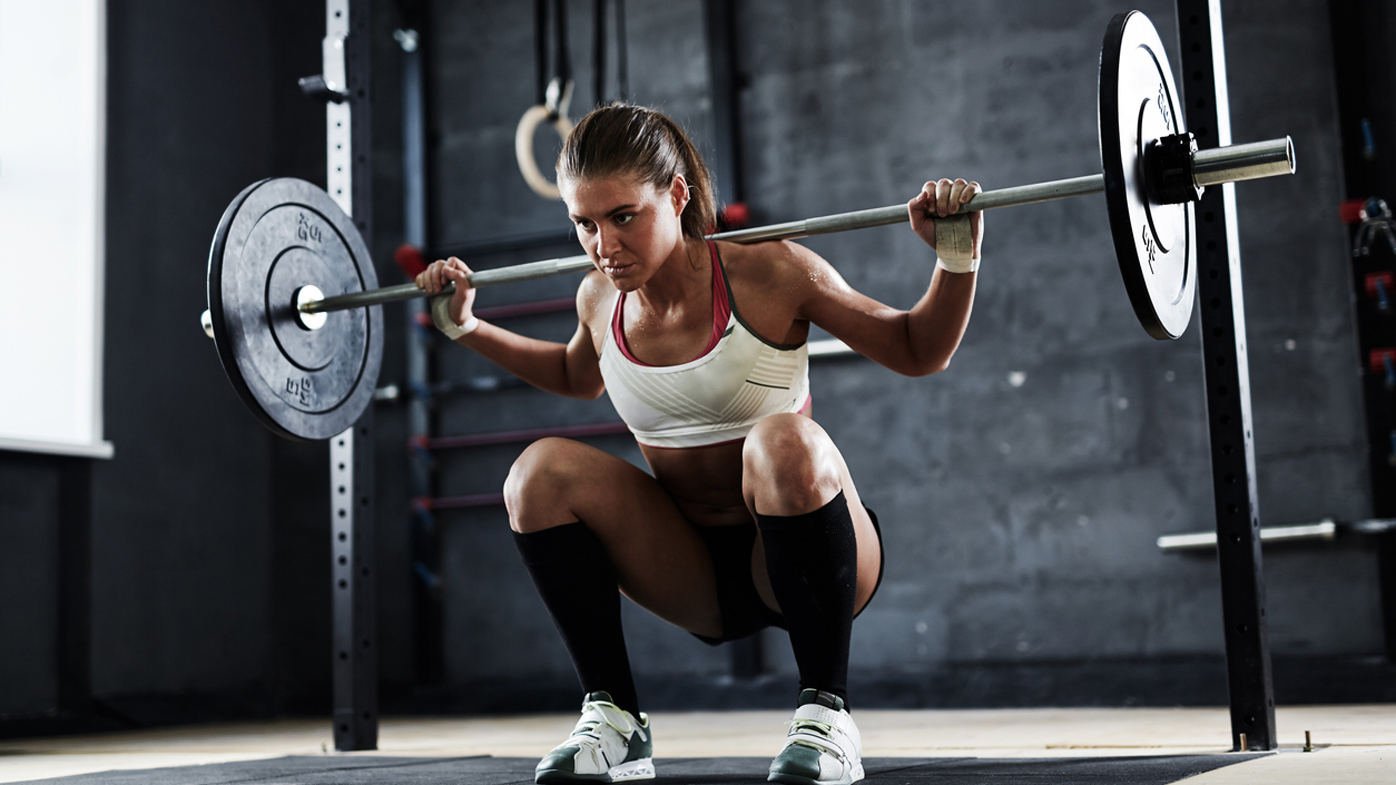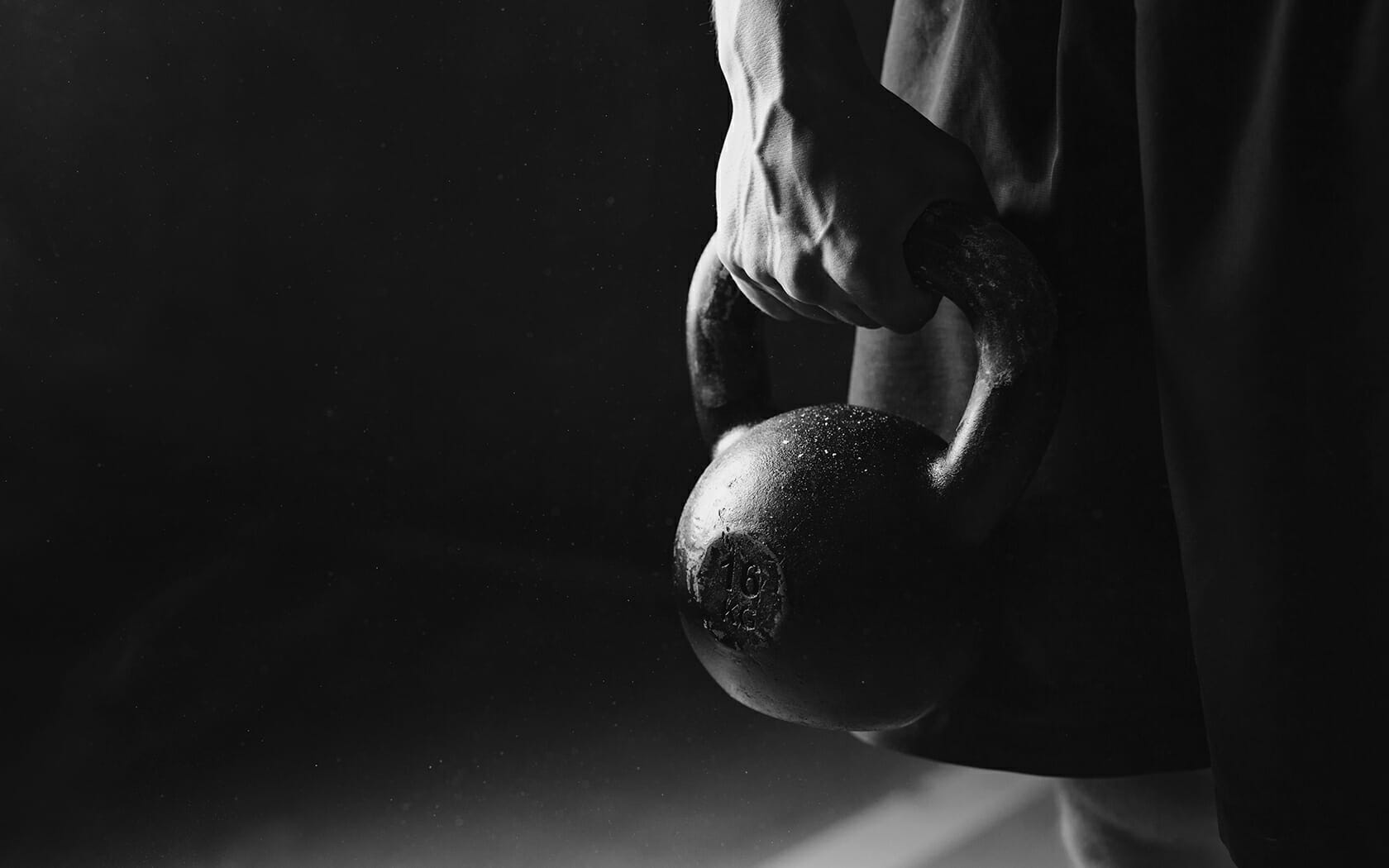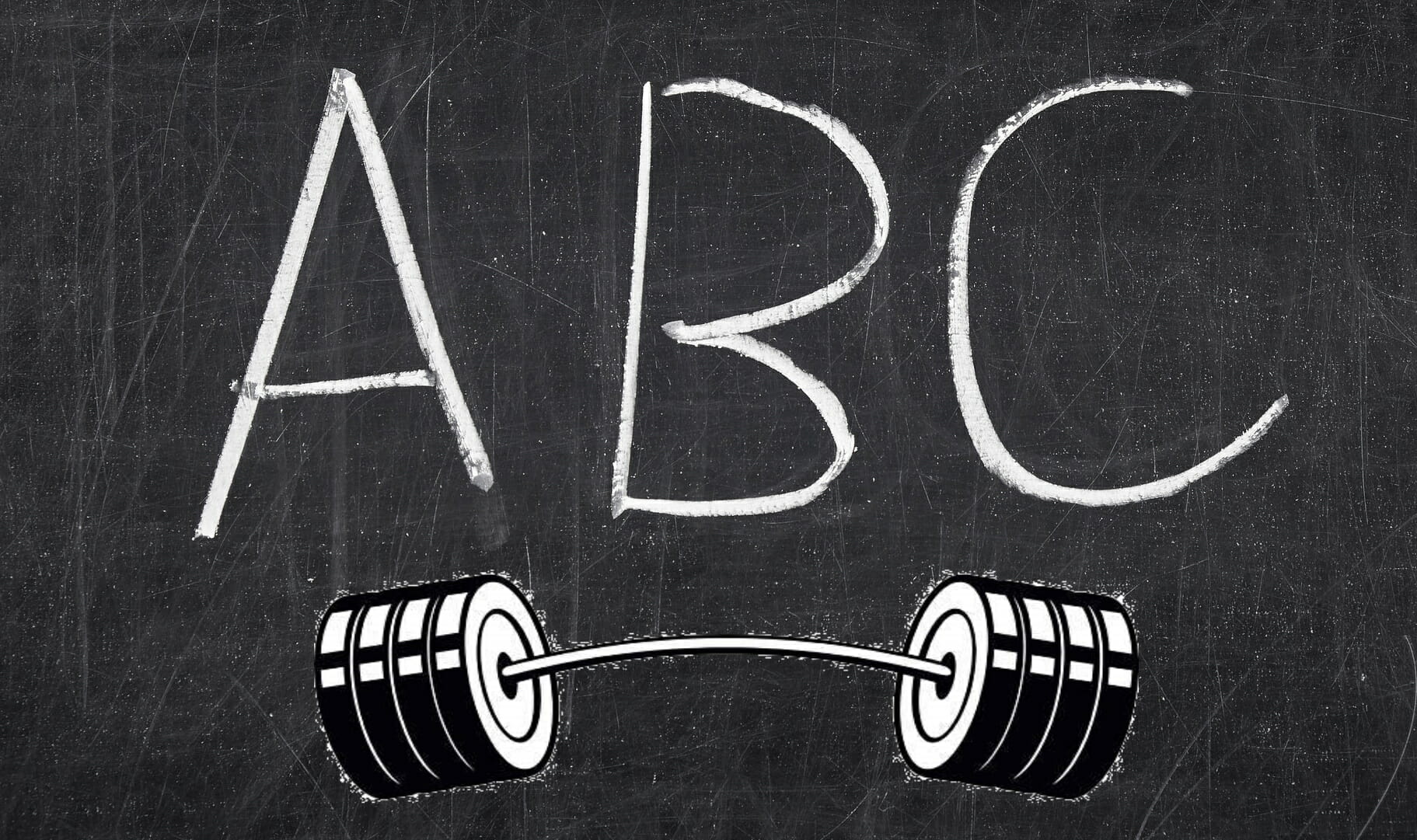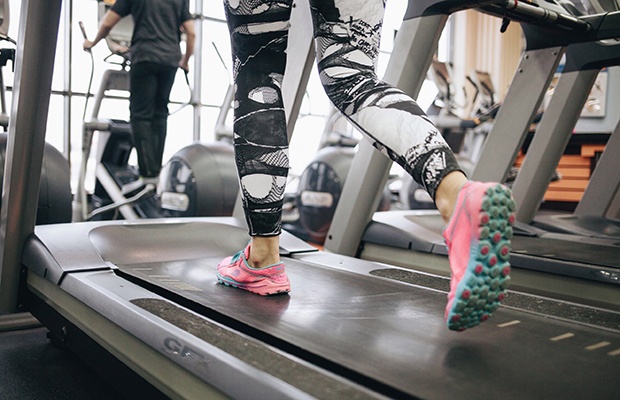
If your strength workout is limited to resistance machines, it’s time to get up and grab some weights. Not only are they more convenient and cost-effective if you’re working out at home, but using free weights vs. machines actually offers more performance benefits, too. According to trainers and science, incorporating them into your workout routine is the surest way to strengthen your muscles, burn calories, and become better at pretty much everything you do. Win-win.
Here, all the benefits of using free weights vs. machines. (Next up, read about the benefits of lifting weights in general.)
1. They’re functional
The best exercises are the ones that improve your performance outside of the gym—whether that means running a half-marathon, moving furniture around your living room, or climbing onto your kitchen counters because your home was designed for tall people, says strength coach and personal trainer Mike Donavanik, C.S.C.S. Those exercises are what trainers call “functional,” and by and large, they require free weights.
“Free weights allow your body to move throughout all three planes of motion, so that you move throughout space like you would in normal life,” he says. “Machines usually having you sitting down and lifting a weighted load while restricted to a single plane of motion. However, in life outside of the gym, you’re rarely if ever pushing, pulling, or lifting while seated. (This is the idea behind functional fitness.) Even a basic free-weight exercise, such as a standing dumbbell biceps curl, carries over into daily activities like lifting up grocery bags or shopping bags. Now, that’s a basic exercise.”
2. They’re more efficient
Since free weights, unlike machines, aren’t fixed to a certain path, that means you don’t just have to push or pull in one direction. You also have to keep the weights—and yourself—from wobbling. That’s a good thing for all of your muscles, says Donavanik. “Because your body has to work to support the weight and control the movement, your larger muscles, stabilizer muscles, and core all work together to control your movements.” So with every rep, you’re strengthening way more than one muscle. (Related: Why You Need to Have Compound Exercises In Your Gym Routine)
3. They improve your balance
Free weights don’t just work multiple muscles at once. They make them work together, which is critical for balance and coordination, Donavanik says. For instance, a study in the Journal of Strength and Conditioning Research compared free weights vs. machines and found that individuals who performed free-weight exercises improved their balance almost twice as much as those who performed similar exercises on resistance-training machines. Finally, you won’t fall over in yoga class.
4. They burn more calories typically
The more muscle you work during a given exercise, the more calories you’re going to burn with every rep, Donavanik says. And while any free-weight exercise is going to tax your smaller stabilizers more than resistance-machine exercises, free weights also allow you to perform compound movements that work your entire body at once, he says. Think about a squat to overhead press: By hitting your legs, core, arms, and shoulders, the move sends your calorie burn through the roof. (Related: How to Boost Your Metabolism Using Just a Pair of Dumbbells)
5. They force you to use more than just the muscles you are trying to isolate
Yes, both count as resistance training, but your body responds pretty differently to free weights vs. machines. When University of Saskatchewan researchers hooked electrodes to exercisers, they found that those who performed free-weight squats activated their leg and core muscle 43 percent more than those who performed Smith machine squats. Plus, free-weight exercises trigger a greater hormonal response than do similar exercises performed on resistance machines, according to a study in the Journal of Strength and Conditioning Research. And that hormonal response dictates how your muscles rebuild and grow after your training session. (Related: The Hardest Workout You Can Do with Just One Dumbbell)
6. They fit in your closet
Can you afford a half dozen resistance machines? Or fit them in your house? Probably not. But a few sets of dumbbells? That’s totally doable. To save serious cash and space, consider buying a pair of adjustable weights. A set can cost anywhere from 50 bucks to a few hundred dollars, and they work as up to 15 dumbbells in one. Some adjust from five pounds each all the way to 50 pounds each, so one pair is all you need.
You Might Also Like:
7. They reduce your risk of injury
The best way to prevent injury is to shore up your muscle imbalances. Lifting free weights is a great way to do just that. Because free weights are constantly challenging your balance, they force you to work and strengthen your small stabilizing muscles, which play a big role in supporting your body and keeping your joints in their proper place, Donavanik says. Plus, since free weights load each side of your body separately, they reduce strength differences between your two biceps, triceps, hamstrings, whatever. “If you are performing a dumbbell chest press, you’ll immediately know if one arm is weaker than the other,” he says. Not to mention, your stronger arm won’t be able to compensate like it could with a chest press machine—which only exacerbates strength differences. (Try these 7 Dumbbell Strength Training Moves That Fix Your Muscle Imbalances to get started.)
8. There are no limits
Free weights are arguably the most versatile workout tool ever. All you need are the weights and a few square feet of empty space, and you can perform hundreds, if not thousands, of exercises to strengthen every muscle in your body.








